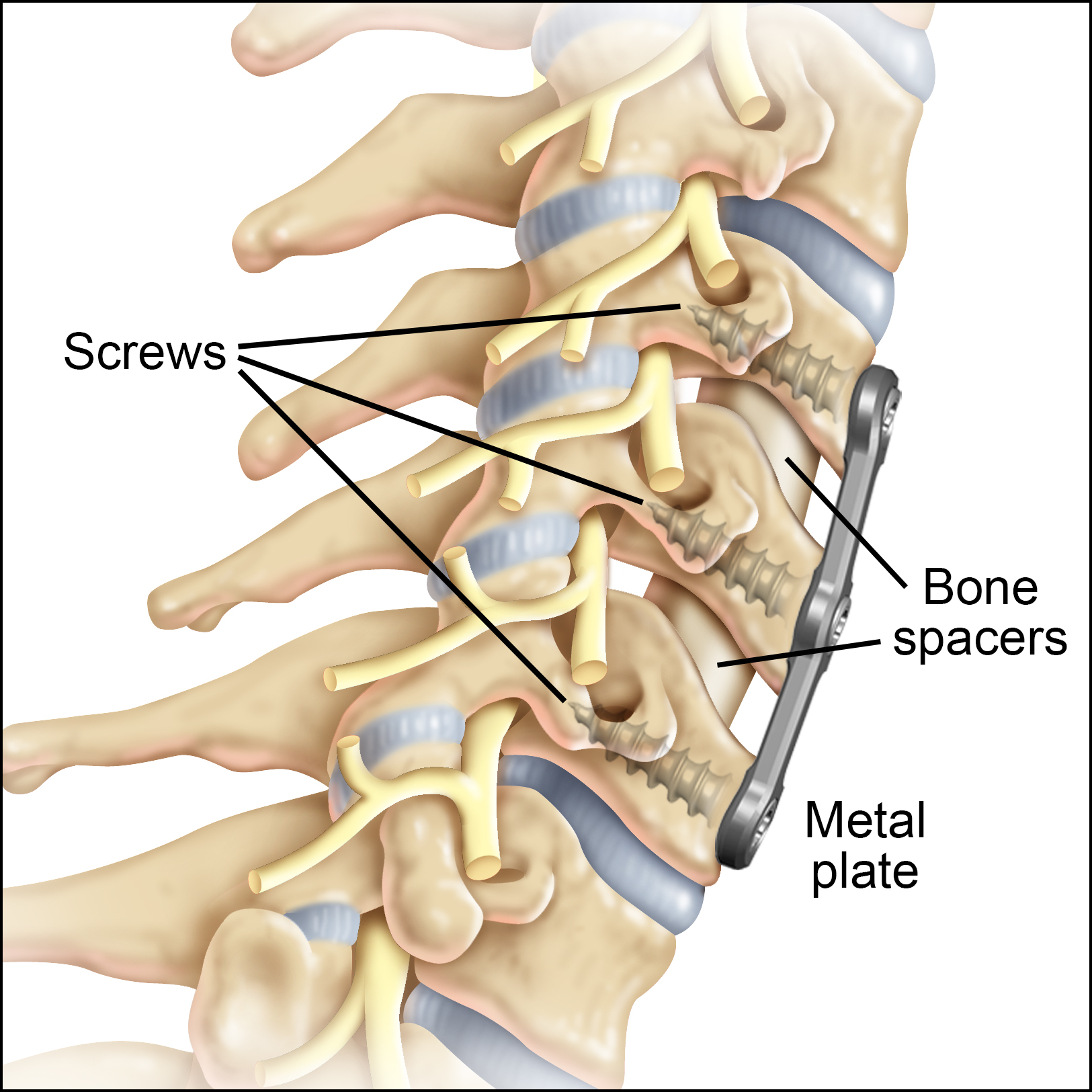Comprehensive Guide to Neck Surgery: Types, Recovery, and Expectations
Neck surgery, a critical medical procedure, holds the key to addressing various neck conditions. This comprehensive guide unveils the world of neck surgery, offering insights into its diverse types, the recovery journey, and setting realistic expectations for those considering or undergoing this intricate procedure.
Common Neck Conditions Requiring Surgery:
The neck, a vital part of the body, can be afflicted by various conditions that might necessitate surgical intervention. Symptoms like chronic pain, limited mobility, and nerve compression might signal the need for surgery. By understanding these indications, individuals can make informed decisions about seeking medical consultation and exploring surgical options.

Types of Neck Surgeries:
Neck surgeries encompass a spectrum of procedures aimed at resolving specific issues. Categorically, these surgeries include:
Cervical Spine Surgery:
Addresses issues like herniated discs, spinal stenosis, and degenerative disc disease.
Thyroid Surgery:
Focuses on the removal of thyroid nodules or addressing thyroid disorders.
Neck Tumor Removal:
Involves the surgical removal of benign or malignant tumors in the neck area.
Preparing for Neck Surgery:
Before embarking on a neck surgery journey, thorough preparation is crucial. It begins with a comprehensive consultation with a healthcare provider, where medical history, current medications, and overall health are assessed. Diagnostic tests such as X-rays, MRI scans, and blood work might be conducted to ensure a detailed understanding of the patient’s condition. Proper preparation involves discussing the surgical process, potential risks, and expected outcomes, empowering patients to make informed decisions and mentally prepare for the procedure.
The Neck Surgery Procedure:
The actual neck surgery procedure varies based on the type of surgery being performed. However, common steps typically involve:
Anesthesia:
Administering anesthesia to ensure a pain-free surgical experience.
Incision:
Making a precise incision to access the affected area.
Surgical Intervention:
Addressing the specific issue, which might involve tissue removal, repair, or reconstruction.
Closure:
Closing the incision using sutures or other appropriate methods.
The surgical process is guided by skilled medical professionals with expertise in the chosen procedure. A clear understanding of the procedure helps alleviate anxiety and sets realistic expectations for patients.
Recovery and Rehabilitation:
Following neck surgery, the road to recovery involves multiple phases. Initially, patients are monitored in a recovery room to ensure stable vital signs. Depending on the surgery, hospital stay duration may vary. Pain management strategies are implemented to keep patients comfortable. Rehabilitation often follows, involving physical therapy to restore neck mobility and strength. A gradual return to daily activities is orchestrated under the guidance of healthcare professionals.
Managing Pain and Discomfort:
Post-surgery pain and discomfort are common, but strategies are in place to alleviate them. Pain medications, both oral and intravenous, are administered as needed. Ice packs and elevation might be recommended to reduce swelling. Maintaining open communication with the medical team about pain levels helps tailor pain management strategies for optimal comfort.
Potential Risks and Complications:
While neck surgery has advanced significantly, it’s essential to acknowledge potential risks and complications. These can include infection, bleeding, nerve damage, or unfavorable surgical outcomes. By adhering to post-operative care instructions and attending follow-up appointments, patients can mitigate these risks and ensure a smooth recovery.
Setting Realistic Expectations:
Understanding the outcomes of neck surgery is a critical component of the process. While surgical interventions aim to enhance quality of life, expectations must align with reality. The extent of improvement varies, and full recovery might take time. It’s important to communicate openly with the medical team and remain patient during the recovery journey.
FAQs About Neck Surgery
What is neck surgery, and when is it recommended?
Neck surgery is a medical procedure aimed at treating various neck conditions. It’s recommended when conservative treatments fail to provide relief, and symptoms significantly impact daily life.
What are some common neck conditions that might require surgery?
Neck surgery may be necessary for conditions like herniated discs, spinal stenosis, cervical fractures, and certain neck tumors.
How do I prepare for neck surgery?
Preparing for neck surgery involves undergoing medical evaluations, discussing surgical risks and benefits, and following pre-operative instructions provided by your healthcare provider.
What types of anesthesia are used during neck surgery?
The type of anesthesia used varies depending on the procedure. General anesthesia or local anesthesia with sedation are commonly employed for neck surgeries.
How long does neck surgery typically take?
The duration of neck surgery varies based on the complexity of the procedure. Some surgeries may take a few hours, while others might be longer.
What is the recovery process like after neck surgery?
Recovery involves a hospital stay for monitoring, pain management, and gradually resuming activities. Physical therapy plays a vital role in rehabilitation.
When can I expect to return to work after neck surgery?
The timeline for returning to work after neck surgery depends on the procedure and individual healing rates. Your healthcare provider will guide you based on your progress.
What are the potential risks and complications of neck surgery?
Risks include infection, bleeding, nerve damage, and unfavorable outcomes. Your medical team will discuss these risks and take steps to minimize them.
Can neck surgery be performed minimally invasively?
Yes, many neck surgeries can be performed using minimally invasive techniques, which generally result in smaller incisions, less pain, and quicker recovery.
How do I ensure the best possible outcome after neck surgery?
Following your healthcare provider’s post-operative instructions, attending follow-up appointments, and engaging in rehabilitation as recommended are key to achieving the best outcome.
Conclusion:
The world of neck surgery holds immense potential to transform lives by addressing a range of conditions. This comprehensive guide has provided insights into the various types of neck surgeries, the preparation required, the surgical process, and the crucial phase of recovery. By equipping yourself with knowledge, you’re better prepared to navigate the journey and make informed decisions.




